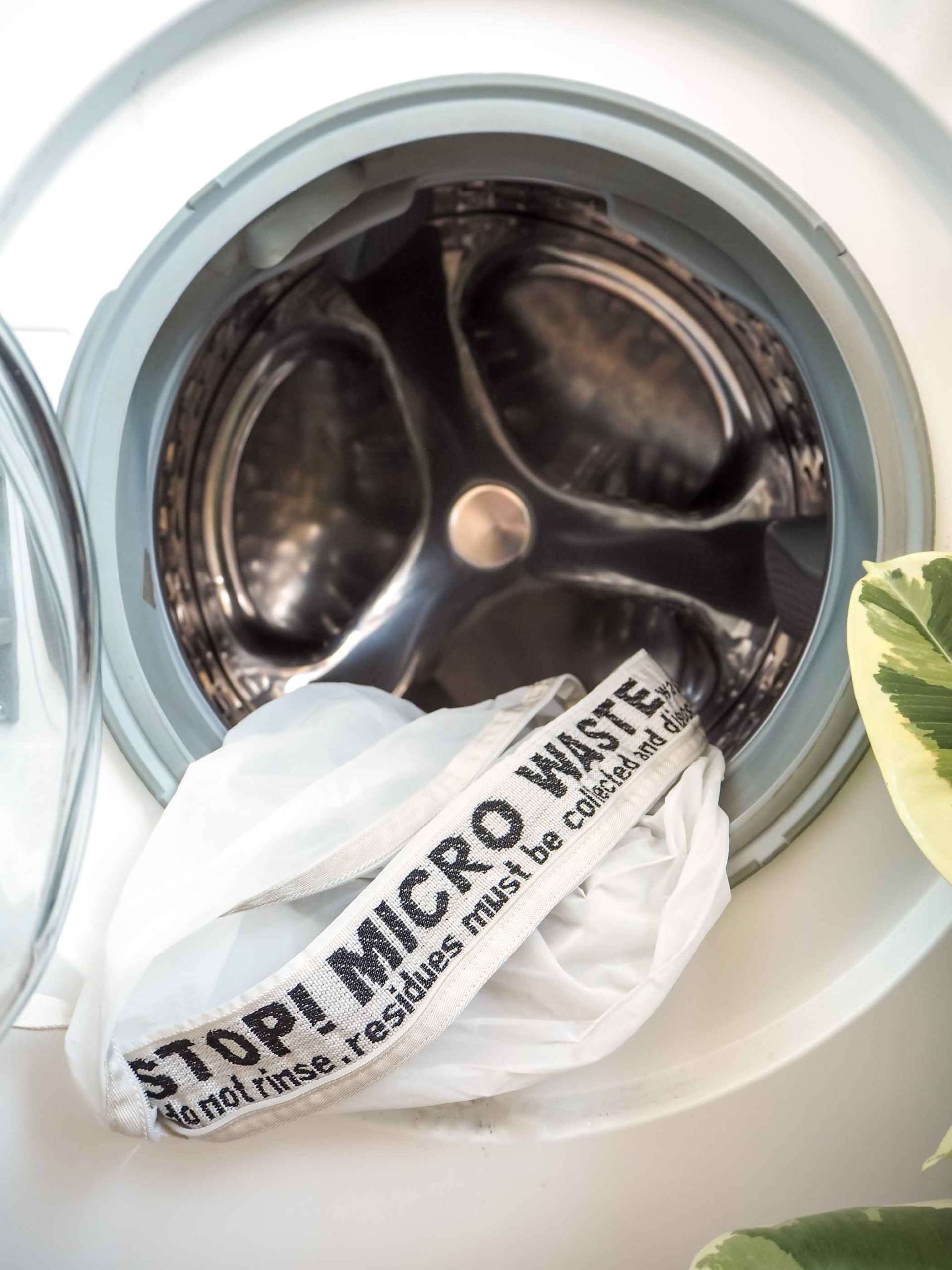5 Pioneer Ecovillages For Fabrics

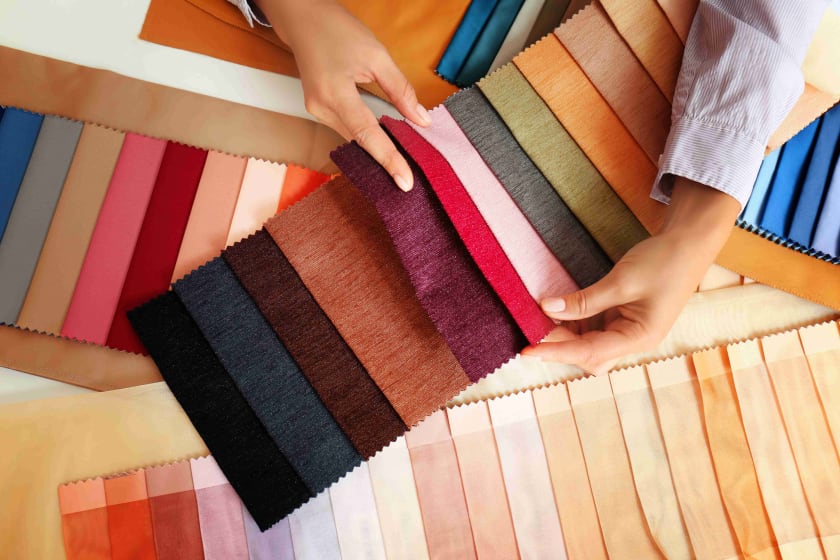

Summary: Sustainability is a new buzzword in the fashion industry today. Most brands explore fashion from an ethical lens and promote dedicated, eco-friendly spaces to regenerate social and natural environments. That's where the concept of ecovillage came around. The dedicated community plans these spaces to become more socially and environmentally sustainable.
In 2015, Eileen Fisher, a clothing industry tycoon, declared the clothing industry "the world's second-largest polluter, second only to oil." It's no secret that the global fashion business is one of the world's most resource-intensive and wasteful industries.
With growing global forces and increased technological capabilities over the last 4 decades, the fashion industry's indirect and mainly unintentional social and environmental repercussions have called for a new future.
Sustainable fashion is in high demand today, yet achieving it may be more complex than adopting deliberate physical design or behavioral decisions. Instead, the experts feel that restoring natural and social surroundings is critical, and that's where ecovillages are succeeding.
Ecovillages are simply environmentally friendly communities. It aims to alleviate social, environmental, and economic challenges through intentional design, community living, governance systems, and working group processes that enable sustainable living.
Today, more than 400 ecovillages exist globally. If you wish to gain some inspiration on sustainable living, here are 5 ecovillages worth the hype.
Top 5 Coolest Eco-Villages For Fabrics
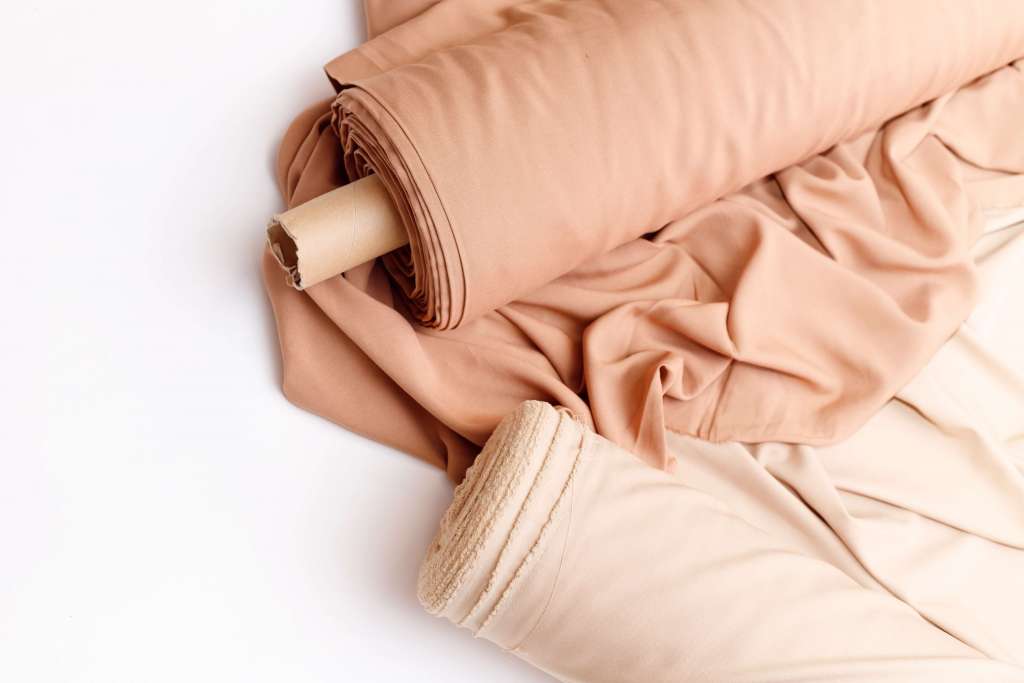
1. The Farm Ecovillage (Tennessee, USA)
The Farm is the world's oldest ecovillage and was formed in the most populous city, San Francisco. It was an initiative taken by 300 like-minded individuals who believed in non-violence, vegetarianism, and paying respect to the planet.
Today it hosts around 200 residents and more than 20 farm-run businesses. In addition, they established the Ecovillage Training Center in 1994, where students learn about permaculture, green building, renewable energy, and other vital eco-living principles.
Their members value community; they are united by a will to make the space more sustainable. As a result, the EcoVillage laid the groundwork for a circular economy. Communities as a rallying cry for cross-industry cooperation and innovators from many areas.
Today, the fashion industry’s supply chain can be closely demonstrated by everyday lives and resources of the ecovillage. Circular fashion, a sustainable way of living in the eco-village also substitutes the linear model of take-make and dispose which is highly appreciated in the fashion industries.
2. Crystal Waters Eco Village (Queensland, Australia)
Crystal Waters was the world's first Permaculture village. Today it's a sprawling 640 acres of bushland called "Land for Wildlife." It is home to 250 residents with access to 80% of the land available and licensed for forestry, agriculture, recreation, and habitat projects.

The main principles behind forming this village were cleaner air, water, and soil. Most importantly they work towards the rehabilitation of the natural environment by moving toward slow clothing concept and practice. The members are vocal about sustainable development and do not believe in fast fashion consumption culture. They refrain from filling up landfills with non-disposable waste.
The community was founded on permaculture ideas that impact their forestry, water management practices, and their lifestyles, all for the goal of reducing material footprint. Raw materials like cotton are permacultural crops that are grown in a nature-nurturing manner—permaculture. This non-chemical and non-intrusive agriculture improves soil health and produces more with fewer resources making it a sustainable choice.
3. Ecovillage at Ithaca (New York, USA)
EcoVillage members have a 70% lower ecological impact than the average American. Ithaca Ecovillage acknowledges itself to be a part of a worldwide movement of individuals seeking constructive solutions to the social, environmental, and economic issues our planet faces.
They're situated two miles from downtown Ithaca. It celebrates citizens, educators, designers, influencers, and practitioners who have broken free from fast fashion by developing their style, regenerating their agency, and empowering themselves through fit-for-purpose wardrobe solutions with multiple entry points.
Paths connect communal spaces, and organic farms on-site provide sustenance to the hamlet. Many inhabitants also grow crops or vegetables in their plots or one of the three community gardens. They emphasize the concept of clothing for health and well-being rather than status and appearance. The citizens recreate what is available to them, contributing to reducing overall textile waste.
4. Findhorn EcoVillage (Scotland)
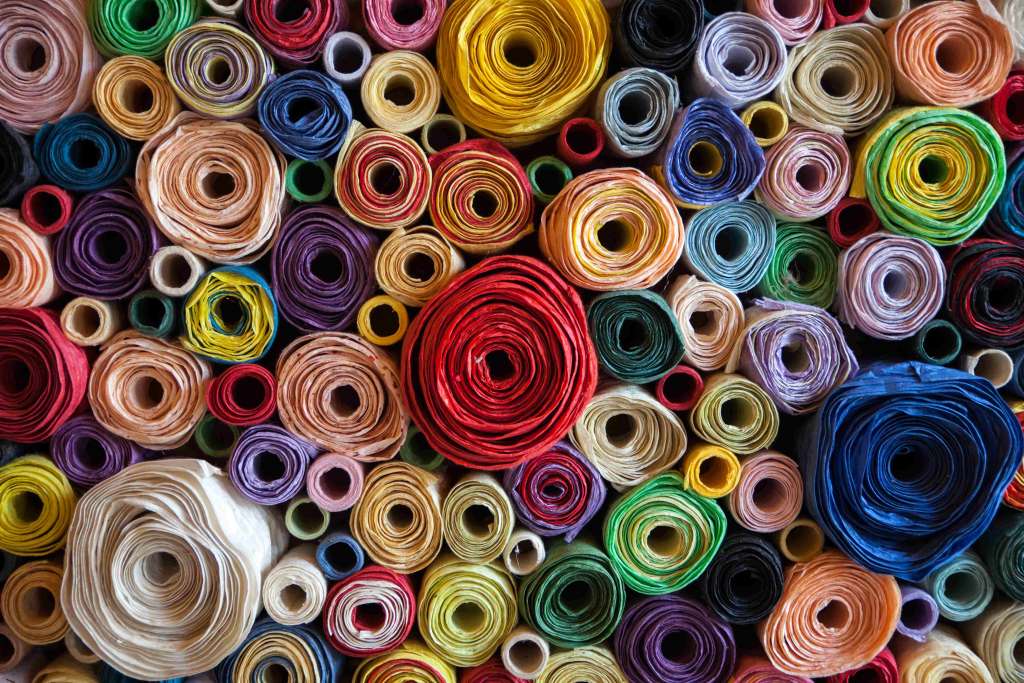
Findhorn EcoVillage, founded in the 1980s in Moray (Scotland), is the largest single intentional community in the United Kingdom. At COP26, they announced their ambition to become carbon neutral by 2030, focusing on offsetting the carbon emissions from their large number of visitors and providing more online alternatives to in-person programs.
They played an important role in the ecovillage movement from its inception. Its founders were also instrumental in the establishment of the Global Ecovillage Network. Their activities are location-based and low-carbon in nature, and they strive to highlight the connections between the social, spiritual, economic, and environmental components of living.
Visitors get to choose fibers from plants that are carbon-fixing rather than fossil fuel-derived synthetically. The community also dries their clothes under natural sunlight and pure air. People in Scotland's Findhorn ecovillage follow zero-pattern wastes.
5. Eco Truly Park (Huaral, Peru)
The Eco Truly Park is an artistic, self-sustaining, and spiritual community inspired by the Indian Vaishnava ideas of healthy living, yoga, and simple and contemplative life. The neighborhood promotes vegetarianism and has an Agro Awareness initiative that has turned the sandy soil using water-effective methods, and lesser energy into a thriving organic garden.
The citizens use natural fibers that have been created and mended, thrifted and repurposed, and altered to meet present demands. Their farming practices produce no waste, employ slow and tiny solutions, and adjust to change creatively. They prefer living and dressing according to permaculture principles thereby embracing sustainability.
Conclusion
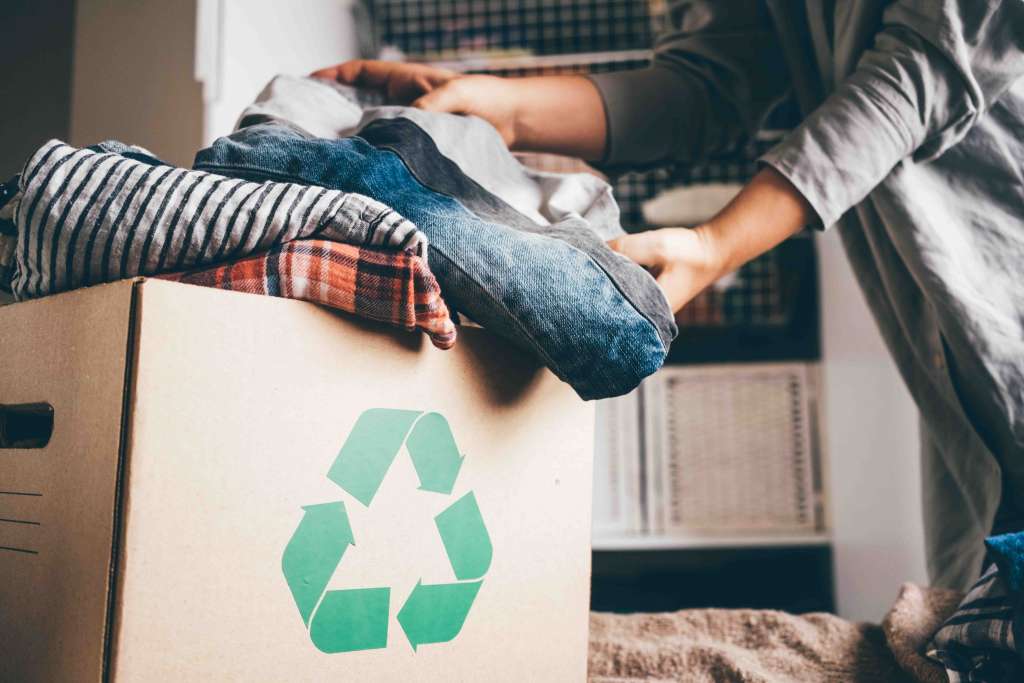
Eco villages are sustainable in every way! Unlike traditional ways of attaining sustainability, eco-communities are emerging as eco-pioneers through zero-waste programs, circular fashion, and conscious communities that make conscious efforts to make the world a better place. Fashion houses must achieve qualitative goals by embracing circular fashion and avoiding the generation of textile waste.
Key Takeaways
- Each ecovillage is unique. Ecovillage and the fashion industry share some common elements, such as recycling, reusing and using renewable energy sources in their operations. Fashion giants can take inspiration from ecovillages in terms of making conscious and environmentally friendly choices to attain sustainable living.
- Ecovillages have the smallest ecological footprints and these lands are fully suitable to cultivate permaculture crops like cotton.
As a fashion company, if you're looking to access the best textile manufacturers to help build and grow your clothing business, you've come to the right place. We at Fashinza promote sustainability from the root level, from manufacturing to supply chain experience and deliver the best quality fashion products around the globe.
Head to Fashniza.com to get started.















